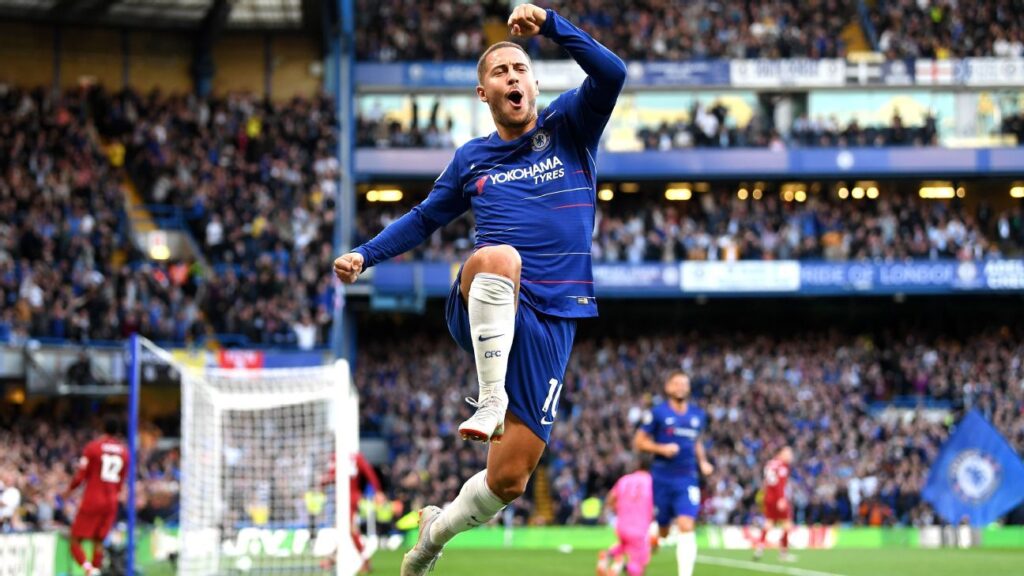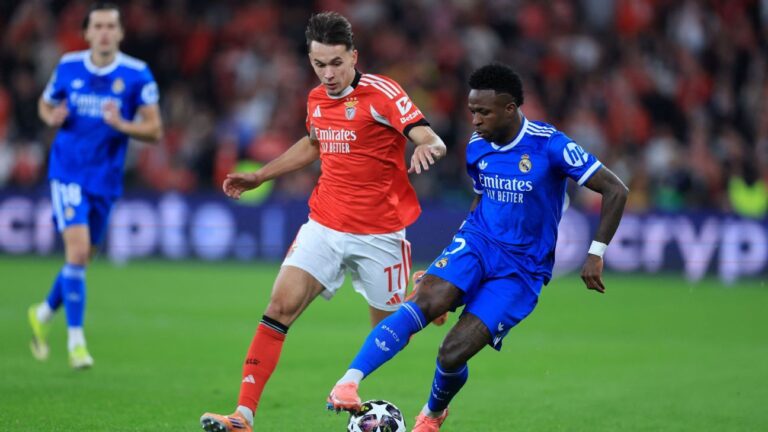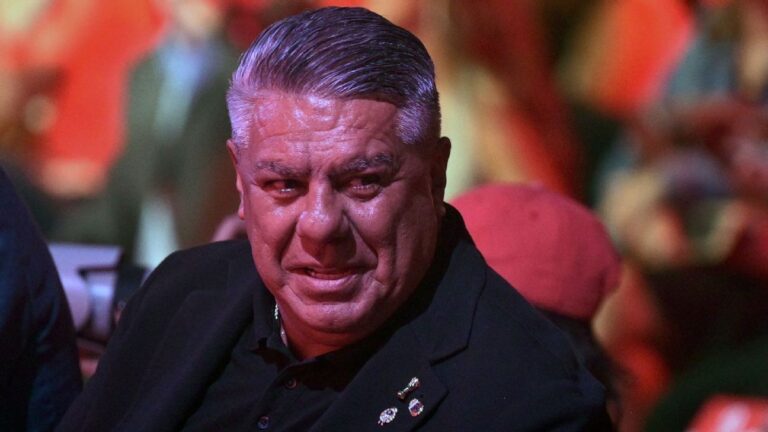Eden Hazard always said privately that the day he did not enjoy playing football anymore, he would quit. That day has come.
On Tuesday, Hazard, 32, decided to end his 16-year professional career because the game was not fun for him anymore. It hadn’t been for a while … probably since he joined Real Madrid from Chelsea for €100 million in 2019.
Having fun has always been the main reason why the winger played the game. Since he was a kid playing in the garden of the family home, all he wanted to do was enjoy himself. So it was no surprise that in his retirement message on social media he mentioned that he “realised his dream to play and have fun on pitches all around the world.”
– Stream on ESPN+: LaLiga, Bundesliga, more (U.S.)
Despite his recent injury issues at Madrid, Hazard leaves a legacy as one of the greatest forwards to have ever played in the Premier League. He is both a Chelsea legend and a Belgium legend. The stats speak for themselves: 110 goals in 352 games for his club, alongside two Premier League trophies, two Europa Leagues, one FA Cup and the personal accolades of PFA and FWA Player of the Year in 2014-15. For his country, we can add 33 goals in 126 games as a “Golden Generation” of star players reached their peak with a third-place finish at the 2018 World Cup.
Hazard was an artist; one of the best dribblers of his generation. In his prime, he was unplayable at times. With a low centre of gravity, skill on the ball, pace, intelligence and a burning desire to win, opponents often couldn’t get near him, let alone get the ball off him — as shown in the goal he scored when running from the halfway line against Arsenal in 2017.
A football prodigy from a young age, Lille’s scouts discovered him in 2005 and he made his pro debut for the club two years later when he was 16. In Ligue 1, he is still one of only two players to have been crowned Young Player of the Year and Player of the Year multiple times — the other is Paris Saint-Germain star Kylian Mbappé.
In 2011, his talent propelled Lille to win the league and cup double. But he was way too good for Ligue 1. He scored 20 goals in 38 league games in his final season before heading to Chelsea for around €40m in 2013. The move made sense as he joined a team where he would have a key role and where he would be the main man. And he was the main man — winning trophies galore and terrorising Premier League defences up and down the country.
But Hazard only cared about matches and winning. Training was not for him; he didn’t like it and didn’t put much effort in. He was a big-time player who thrived on the big occasions, certainly domestically. It was his raison d’être.
Alas, there were no big occasions when he moved to Real Madrid in 2019. Madrid was his dream and club legend Zinedine Zidane (who was then-manager) his childhood idol. But his four years in Spain were an absolute nightmare. There were injuries, misunderstandings, disappointments, poor decisions and failures, as well as the feeling that he threw in the towel too easily. One stat that bears out his injury issues more than any other is that he never played a single minute in El Clasico against rivals Barcelona. A big-time player — until this year one of the top 10 most expensive of all-time — never involved in the biggest game of all.
Hazard reported for his first preseason training session overweight. He did that every summer at his previous teams, because for him the holidays were sacred, but the club never forgave him and he never really recovered. In Madrid, he stopped feeling like a footballer. Despite winning more trophies (LaLiga, twice; Copa del Rey; Spanish Super Cup; UEFA Super Cup; Club World Cup; and the Champions League), they never felt like his. That was the beginning of the end.
Some may say that his four years at the Bernabeu ruined what he achieved at Stamford Bridge; some may say that his lack of good performances in the Champions League showed his limits. But comparisons to Lionel Messi and Cristiano Ronaldo are unfair — they were machines, while he was more of a romantic who saw football as a game, not as a job.
Perhaps that was part of the problem for his career, because he clearly never had the drive and ambition that Messi and Ronaldo had. Nevertheless, Hazard was the definitive “flair” player; a showman and entertainer. Fans would buy a match ticket just to watch him. At times, he made the impossible possible. As former Belgium assistant manager Thierry Henry once said: “I would watch him and think: ‘Why on earth is he trying this?’ And then he would succeed, and I would be like: ‘Ah yes, OK!'”
Football needs those kinds of players. While Hazard has not been able to show his true skills for some time, he deserves his place among the greats for spreading fun and enjoyment of the game throughout his career.




